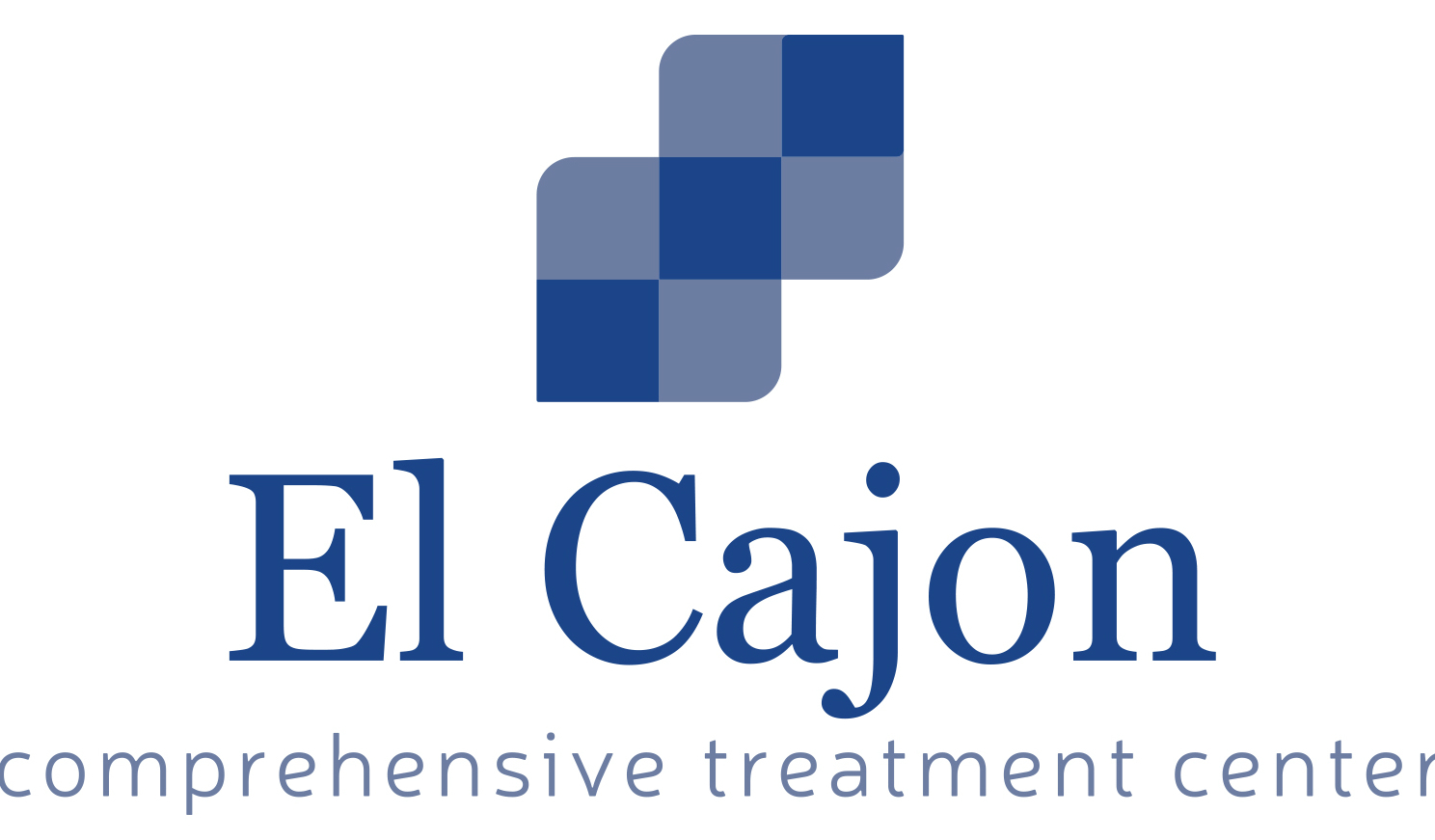When individuals battling addiction to drugs such as cocaine, heroin, marijuana, crystal meth or other substances come to terms with their problem, they need a place to focus solely on their recovery. California residential drug rehabs offer that experience, and more. Residential drug rehab removes people from the temptations and distractions of their environment, and relocates them to a place where the only thing that matters is their recovery from addiction. Staffed by caring, expert addiction professionals, these rehab facilities have helped saved the lives of thousands of people from all walks of life.
There’s More to Residential Drug Treatment Centers Than Just Counseling
The programs found in California residential drug treatment centers are multi-faceted and, despite what many believe, often include much more than just counseling. Many residential rehab programs also feature:
- Group and individual counseling. The core of every drug treatment program is counseling. During counseling the addicted individual is given a chance to explore the root causes of their problem and develop solutions to break the cycle of addiction. As a “bonus”, group counseling affords individuals the chance to form a support group among their fellow addiction sufferers.
- Detox. A large percentage of residential drug treatment centers now offer detox programs onsite as part of the rehab plan. While detox does not, on its own, equate to recovery, it is the requisite first step before counseling can begin. One of the reasons detox in the care of a professional is so essential is that it gives individuals a “safe place” to experience withdrawal symptoms that accompany detoxification.
- Medications. More and more, rehab drug treatment programs in California and around the country are offering prescription medications for their patients to help treat addiction as well as (in the case of dual diagnosis patients) anti-depressants and other drugs used to treat mental illness.
- After-care programs and advice. Near the end of the residential rehab process, the individual will receive advice on proper after-care programs. After-care programs encompass everything from Narcotics Anonymous to follow up counseling back at the rehab facility or with a new counseling professional. After rehab is complete, these are the activities that help keep the recovering addict on track, and free from relapse.
- Educational and vocational programs. One of the newest additions to many residential rehab programs is education. Rather than simply reinserting the recovering addict back into mainstream society, many programs are now helping them learn the skills they need to thrive in their post-addiction lives. These programs can run the gamut from computer classes to art school and other creative endeavors.
To get immediate help finding a Residential Drug Treatment Center in California please call our free helpline today at (866) 531-4569.








